.webp)
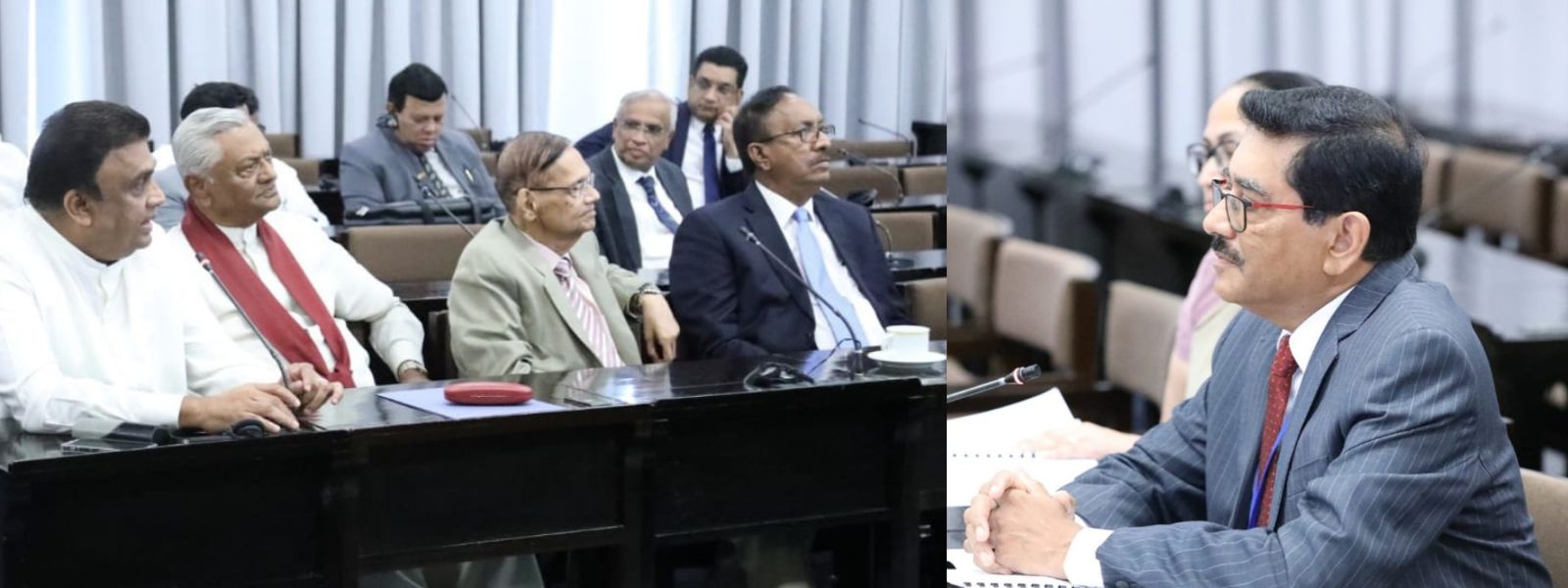
CBSL Defends Salary Adjustment Decision
COLOMBO (News 1st); Discontent was voiced at Tuesday's (6) Party Leaders' meeting in Parliament over the unilateral decision to raise the salaries of employees at the Central Bank of Sri Lanka.
The Party Leaders' meeting took place under the chairmanship of Speaker Mahinda Yapa Abeywardena, and a cohort of senior CBSL officials, including Central Bank Governor Dr. Nandalal Weerasinghe and representatives from trade unions, participated.
The party leaders highlighted an intriguing aspect, noting that the recent Central Bank of Sri Lanka Act, which had initially included provisions for autonomous salary adjustments, underwent a significant alteration. The reason behind this change lies in a Supreme Court determination, which stipulated that any such salary modifications required a two-thirds majority approval.
While the new act aimed to grant the Central Bank greater independence in its operations, it inadvertently omitted a mechanism for salary increments based on independent decisions, they said.
Despite this, officials, including Dr. Nandalal Weerasinghe, emphasized that Sections 5, 8, and 23 of the Act do indeed provide for such provisions. They noted that these sections empower the Central Bank to utilize its own funds for all administrative, managerial, and operational expenses.
However, the party leaders astutely observed that while the bill acknowledged expenses, it remained silent on the matter of salaries.
They pointed out that according to Section 23 of the Act, although the party leaders possess the authority to determine salary adjustments, the final approval rests with the Parliament.
The party leaders emphasized that the Central Bank's funds ultimately belong to the people. Consequently, they asserted that the Parliament, as the custodian of public finances, must grant approval.
Regarding the recent wage increase, officials clarified that it adheres to a longstanding tradition: a triennial collective agreement between trade unions and management. This practice has been consistent over the years.
However, the party leaders stressed that for such an agreement to hold legal weight, it must be officially registered with the Ministry of Labour.
In this case, no such registration has been secured. The party leaders underscored that the legitimacy of such a collective agreement hinges on its formal recognition by the Ministry of Labour.
Furthermore, the party leaders highlighted that the objective of granting independence to the central bank through new legislation was not solely to make autonomous decisions on salary increments. Rather, it aimed to shape sound economic policies for the country, free from political interference.
The party leaders conveyed a stern message to the Central Bank officials: while it may be legally permissible, insensitively raising salaries during a period of national hardship is ethically questionable and unacceptable.
Furthermore, they astutely observed that privileges should not be confined to a single group. Numerous sectors are grappling with the need for salary increments, and fairness demands that these considerations extend beyond a select few.
Adding to the gravity of the situation, it was revealed that the salary hike will result in an additional expenditure of nearly Rs. 232 million per month.
Other Articles
Featured News





.png )

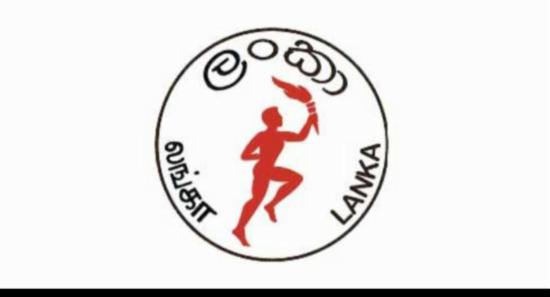
-829063_850x460-829075_550x300.jpg)
-829069_550x300.jpg)
-829063_550x300.jpg)


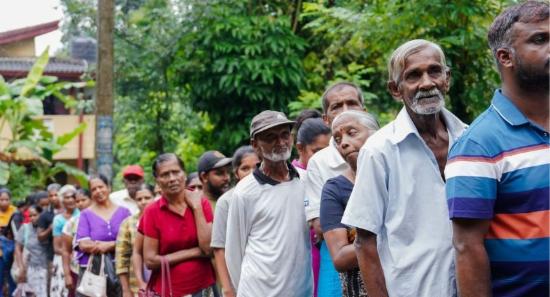

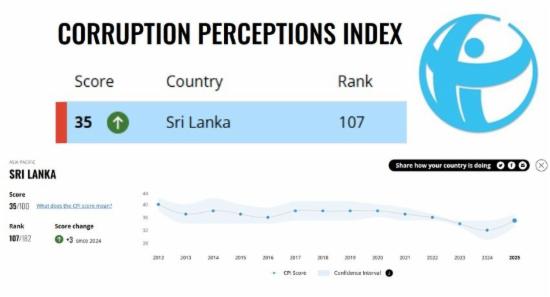

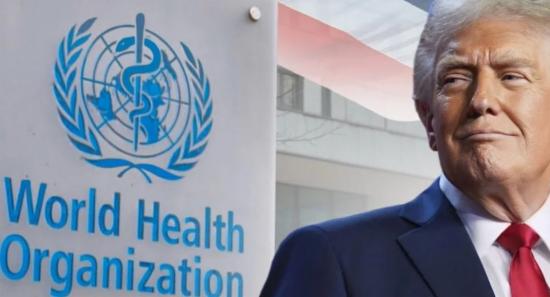








.webp)






